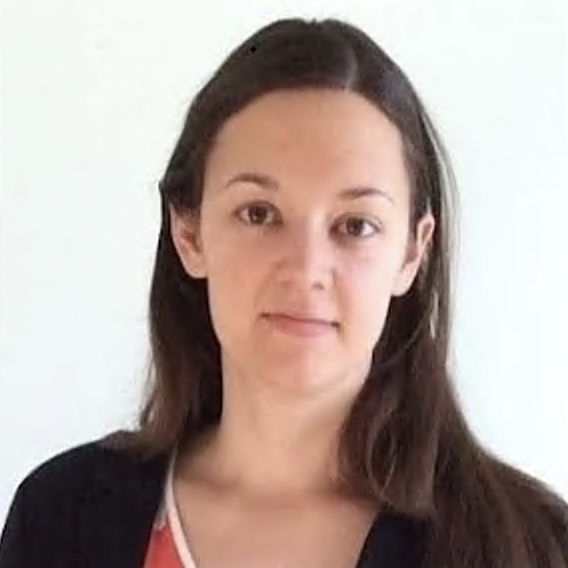Written by guest blogger Morgan Adle.
It wasn’t until I started managing the Master of Library and Information Science (MLIS) Program at the University of Maryland that I started to think deeply about information literacy (IL). I wondered if my students had the IL skills needed to be great librarians and how we even know what is enough? There seems to be an assumption that people who go into library work are factual people who love books and research, so information literacy is naturally built into their personality. But even if we have a penchant for research, we don’t all have the same information literacy competencies. Library students come from a range of educational backgrounds and points in their lives. The average age of a student when I was MLIS Program Manager was about 32, and I saw more and more people coming to us with advanced degrees or amid career changes. I started wondering, how do we know the IL abilities of our students? What are they coming to us with? What are they learning, on their own and in classes? And is it enough to support them in a library job after only 2 years of graduate school?
These questions led me to co-teach a class on IL with my advisor, Dr. Paul Jaeger. I saw it as a chance to better understand where our students were skills-wise. What I really wanted to do was administer a test to all incoming MLIS students to quantitatively measure their IL skills. Then I’d use this data to propose curriculum changes or offer other educational interventions. To me, there had to be a minimum threshold for being a librarian (“you must be this information literate to pass”) and if our students weren’t meeting that, how could we confidently send them into the field to help others with their information needs? But this was too complicated to take on as a manager and fledgling Ph.D. student. Information literacy assessment is clunky at best and as our understanding of it has developed, we’ve realized IL is not really something we can easily measure in a test.
So, when co-teaching with Dr. Jaeger, I did the best I could by asking our students to define IL and its importance to our field before and after taking the course. At the end of the semester, students were better able to define IL and they understood how complex it is; that for their patrons and themselves, IL isn’t just 10 skills to master and be done with. They saw the complexities and acknowledged that they maybe weren’t as all-knowing as they thought at the beginning of the semester. Their increase in awareness confirmed that there is a lot of room for growth when it comes to learning about IL. But our course is an elective offered once a year that students take for a variety of reasons (“I love this professor” or “it was offered online [shrug]”). In my ideal world, all our students would take an IL course like this in their first semester.
MORGAN M. ADLE is a Ph.D. candidate in the University of Maryland’s (UMD) College of Information Studies and works in open access publishing. She has a BA in English and an MLIS degree, both earned at the University of Maryland. She also managed the MLIS program at UMD for four years and regularly teaches graduate courses within the program. Her research interests include public libraries, MLIS curriculum design and education, and information behavior.
is a Ph.D. candidate in the University of Maryland’s (UMD) College of Information Studies and works in open access publishing. She has a BA in English and an MLIS degree, both earned at the University of Maryland. She also managed the MLIS program at UMD for four years and regularly teaches graduate courses within the program. Her research interests include public libraries, MLIS curriculum design and education, and information behavior.
“Assessing the Effectiveness of an Information Literacy Instruction Course in Teaching Additional Skills” was published in the Journal of Education for Library and Information Science 64.4 and is Free to Read until July 1.
Comments on this entry are closed.